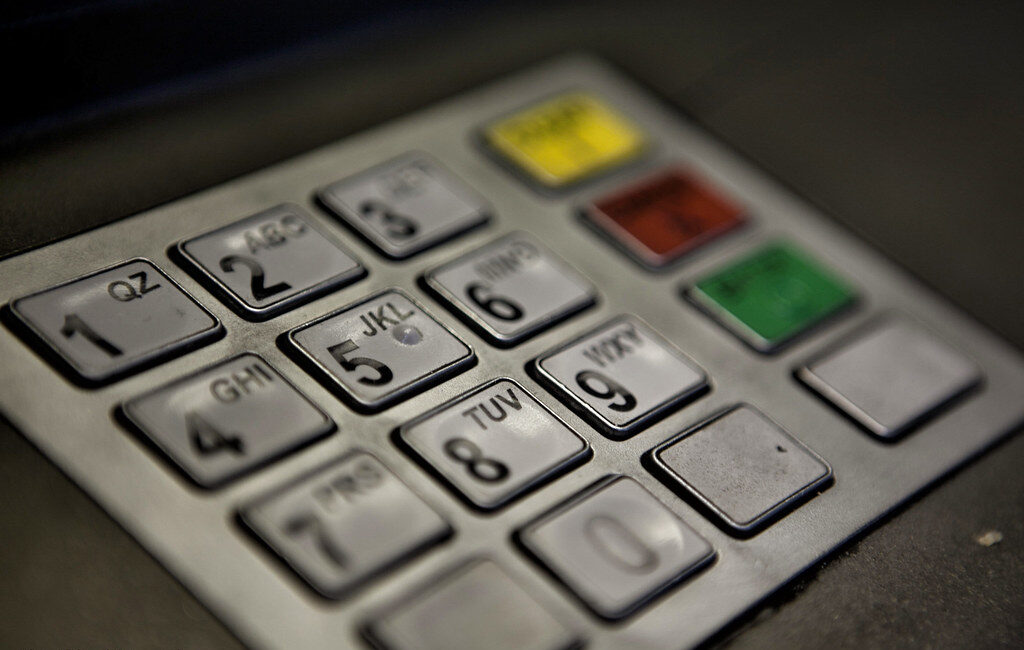In a world where the four-digit PIN (Personal Identification Number) has become a cornerstone of personal security, the importance of choosing a strong and unique code cannot be overstated. From the lock screens of our smartphones to the ATMs dispensing our cash, these numerical passwords are ubiquitous. Yet, despite the critical role they play in our daily lives, many of us may be unknowingly compromising our security by selecting PINs that are all too predictable.
The Analysis of 3.4 Million PINs
Our reliance on PINs is rooted in their simplicity and the perceived security they offer. With 10,000 possible combinations from the digits 0 through 9, one might assume that the odds are in our favor when it comes to safeguarding our private information. However, a recent analysis of 3.4 million PINs has revealed a startling truth: a significant portion of us are not as unpredictable as we might like to think.
The analysis, conducted by DataGenetics and shared in a blog post that is a must-read for statistics enthusiasts, sheds light on the common patterns and preferences that emerge when individuals select their four-digit codes. The findings are both intriguing and concerning. For instance, the preference for even numbers over odd ones is evident, with combinations like ‘2468’ being favored over ‘1357’. This inclination towards even numbers is just one example of our collective predictability.
Another trend identified in the analysis is the use of significant years, particularly those starting with ’19’. It appears that many of us are inclined to use memorable dates such as our birth year or an anniversary as our PIN, making ‘1972’ the most popular year-based PIN. This habit extends to the point where every combination beginning with ’19’ is represented in the top 20% of all PINs analyzed.
Repetition is another common theme, with PINs like ‘0101’ and ‘5555’ occurring with notable frequency. And then there’s the most popular PIN of all: ‘1234’. This simple, sequential number was found to be the choice of nearly 11% of the 3.4 million PINs analyzed, amounting to a staggering 374,000 instances. To put this into perspective, ‘1234’ was more common than the least popular 4,200 codes combined.
The second most popular PIN, ‘1111’, also reflects a preference for simplicity and ease of remembrance, making up almost 6% of the PINs. The top 20 most common PINs, which one might expect to represent a mere 0.2% of all possible combinations, actually constitute over 26% of the total. This concentration of common PINs presents a glaring security risk, as it significantly increases the likelihood of unauthorized access to our personal accounts.

Implications and Recommendations
The implications of these findings are profound. They suggest that, despite the myriad of combinations available to us, we gravitate towards choices that are easy to remember but also easy for others to guess. This tendency towards predictability can be exploited by those with malicious intent, particularly if they have access to a stolen ATM card or other personal information. With the top 20 PINs accounting for such a large fraction of all PINs in use, the odds of a thief successfully guessing a PIN are alarmingly high.
The question then arises: why do we continue to choose such easily guessable PINs? The answer may lie in our desire for convenience and our underestimation of the risks involved. The notion that ‘it won’t happen to me’ is a common refrain, but as the data shows, complacency can lead to vulnerability. The use of simple patterns, memorable dates, and repeated numbers may make our PINs easier for us to remember, but it also makes them easier for others to crack.
In light of these findings, it is clear that we must be more diligent in our selection of PINs. The challenge is to strike a balance between creating a PIN that is both secure and memorable. As we continue to navigate the digital landscape, the security of our personal information hinges on our ability to choose PINs that defy predictability and resist easy deciphering.
Related posts:
How do I create a strong PIN?
The worst PIN codes of all time: ‘1234,’ ‘0000,’ ‘6969’
How To Set a Secure PIN Code for Your Burglar Alarm System





